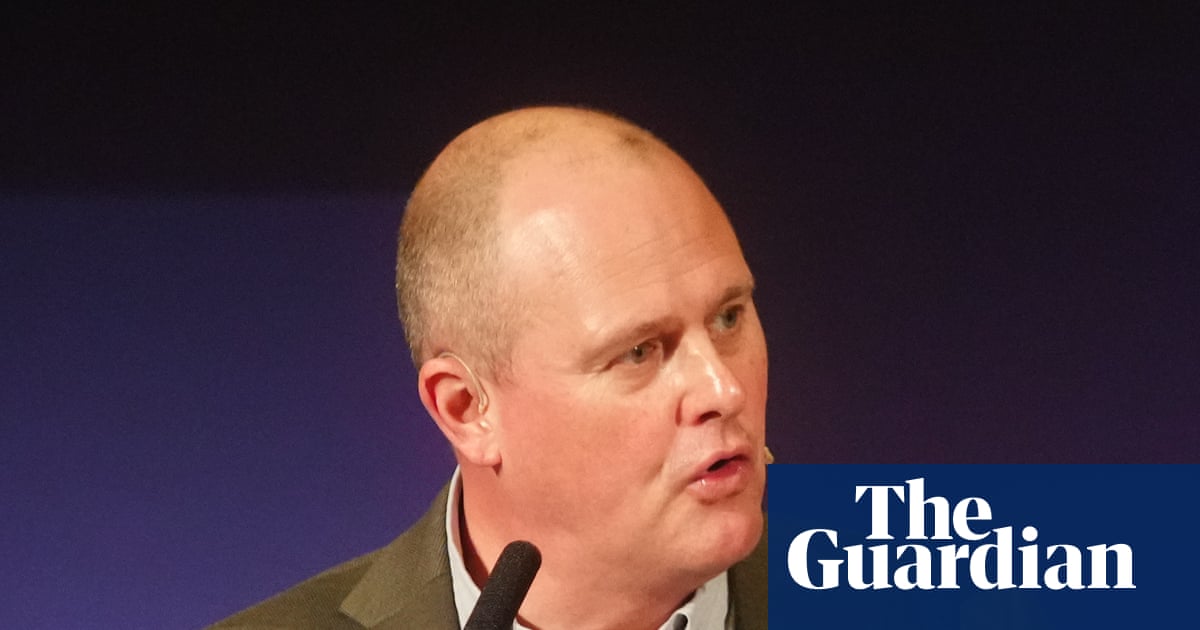Unions have urged the chancellor to keep focused on raising living standards, targeting child poverty and upping the national minimum wage, in the face of renewed calls from business to change course on employment rights.
The TUC said that Rachel Reeves must deliver “a living standards budget” on Wednesday to ease the pressure on working households whose incomes have remained stagnant in more than a decade.
Analysis by the unions showed working people were just £12 a week better off compared with 2008 after a “painful Tory pay hangover”. Real wages grew at an average of just 0.04% each year under the Conservative government between May 2010 and April 2024, it found, while public service workers saw no increase at all.
It said that had real wages continued to grow as they did from 2000-2008, workers would now be paid £317 per week more.
Paul Nowak, the TUC general secretary, said: “This budget must be a living standards budget.
“Households up and down the country [are] still suffering a painful Tory pay hangover – leaving this Labour government with lots of ground to make up.”
He urged Reeves to “show ambition on the minimum wage”. He also called for action to bring down energy bills, and for scrapping the two-child benefit cap in full.
The TUC said Reeves should tackle the “child poverty emergency”, announcing new polling by Survation showing 83% of the public agreed no child should be living in poverty in the UK.
Reeves has signalled she is preparing to lift the two-child cap, according to pre-budget reports.
Novak said the budget would be “a crucial moment to show ministers are on the side of working people”.
Business groups meanwhile have renewed calls on the chancellor to “make hard choices for growth” by bringing down the cost of welfare and state pensions, and rethinking the employment rights bill.
Rain Newton-Smith, the CBI chief executive, said: “If growth is your priority, prove it – make hard choices for it. Against opposition, against short-term politics. Be it welfare, be it pensions increases – show the markets you mean business.”
She said that Reeves’ 2024 budget had “turned to business to plug a hole” and created £24bn annually in extra costs for businesses, including additional national insurance contributions from employers.
She added: “How can business hire for growth […] when key government choices pull the other way? When NICs rises and likely changes to salary sacrifice make it more costly to take a chance on people.”
Speaking to the CBI conference in London on Monday, Newton-Smith will urge the government to “change course on the employment rights bill” which “eight in 10 firms say, in its current form, will make it harder to hire”.
Lobbying against the bill, which was a key Labour manifesto pledge and extends workers rights on issues such as sick leave and unfair dismissal, has intensified with the Lords unpicking clauses as legislation goes through parliament.
Some consensus between unions and business has emerged over high energy costs, which the CBI also identified as a major problem, deterring companies from investment when “straining under some of the highest electricity costs in the world”.
The government is expected to announce some kind of support package on energy bills, along with this weekend’s announcement of a freeze on rail fares, to blunt the impact of wider expected tax rises in the budget.
The transport secretary, Heidi Alexander, told the BBC on Sunday that the highly anticipated budget – and apparent U-turns on some measures – was coming on the “shifting sands” of changing economic forecasts and that it remained “a very challenging global economic environment”.
In one concrete measure to tackle the cost of living confirmed in the budget, the Treasury said rail fares would not increase next year – the first absolute freeze in 30 years, after fares had gone up more than 60% in the past 14 years.
